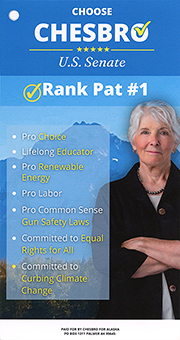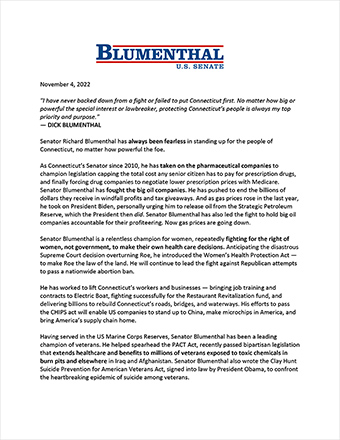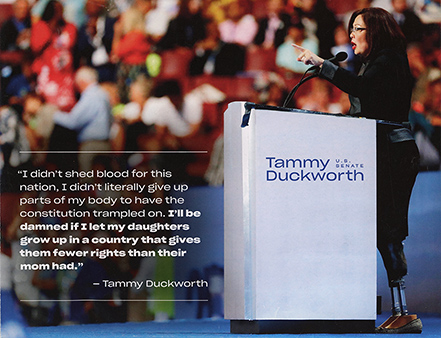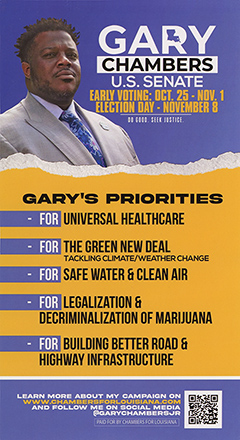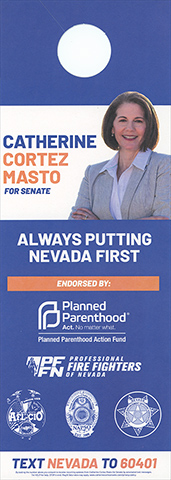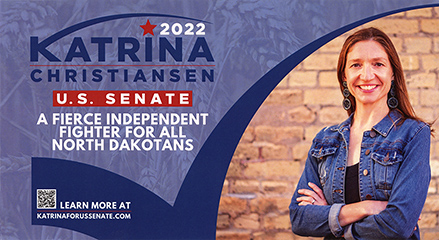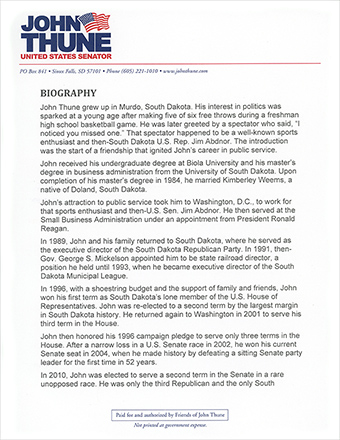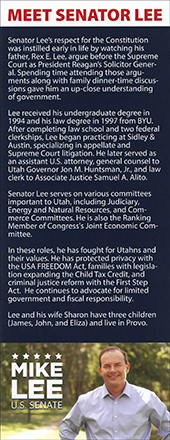- Democracy in
Action « Campaign
Literature Archive Main Page « 2022 U.S. Senate
Races
| Nov. 8,
2022 U.S. Senate Races |
|
AL - AK - AZ - AR - CA - CO - CT - FL - GA - HI - ID - IL - IN - IA - KS - KY - LA - MD - MO - NV - NH - NY - NC - ND - OH - OK - OK (sp) - OR - PA - SC - SD - UT - VT - WA - WI - Dec. 6 GA runoff
|
Margin
of Victory in Percentage Points
AK is
following distribution of votes under ranked choice
voting. GA is runoff result. LA is jungle
primary result.
*Seat changed parties.
| 25.01
+ |
20.01-25.0 |
15.01-20.0 |
10.01-15.0 |
5.01-10.0 |
0-5.0 |
0-5.0 |
5.01-10.0 |
10.01-15.0 |
15.01-20.0 |
20.01-25.0 |
25.01
+ |
| MD 31.69 VT 40.44 HI 45.17 |
CA 22.13 |
IL 15.32 |
NY 14.00 WA 14.52 CO 14.62 OR 14.91 CT 14.92 |
NH 9.06 |
NV 0.78 GA 2.81 AZ 4.89 PA 4.91* |
WI 1.01 NC 3.23 |
OH 6.11 AK 7.40 |
UT 10.41 IA 12.18 MO 13.26 |
FL 16.41 |
IN 20.75 KS 22.96 KY 23.63 |
SC 25.87 OKs 26.52 ND 31.43 ID 31.94 OK 32.20 AR 34.64 AL 35.74 SD 43.48 LA 43.71 |
*Seat changed parties.
|
2022 SENATE
RACE OVERVIEW [links/logos] Heading into Nov. 8, Democrats had the narrowest of majorities in the Senate with Vice President Kamala Harris holding the tie-breaking vote. Conventional wisdom was that Republicans would almost certainly win the majority in the House and stood a good chance of reclaiming the majority in the Senate as well. Instead, Election Day and the Dec. 6 Georgia runoff left Democrats with a gain of one seat and a real majority. Republicans were defending six open seats compared to just one for the Democrats, but Democrats had several vulnerable incumbents. Democrats defended all their incumbents and achieved a pickup in Pennsylvania, taking the effective balance to 51 to 49 (including 2 Independents caucusing with the Democrats)** and putting Sen. Chuck Schumer in position to remain as Majority Leader. Most of the blame for the GOP's subpar showing fell on former President Donald Trump, who made quite a few endorsements in Senate primary races with decidedly mixed results in the general election. Senate Republican Leader Mitch McConnell had his critics, including Trump. Sen. Rick Scott, chairing the NRSC, also came under considerable criticism for his management of the committee. Balance before Nov. 8, 2022: 50 Republicans, 48 Democrats and 2 Independents. 35 seats at stake*: 14 held by Democrats, 21 by Republicans. 7 retirements: 1 Democrat, 6 Republicans. D: Pat Leahy (VT). R: Richard Shelby (AL), Roy Blunt (MO), Richard Burr (NC), Rob Portman (OH), Pat Toomey (PA); Jim Inhofe (OK). 0 incumbents defeated in primaries and the general election. 1 open seat flipped: 1 Democratic pick-up. D: John Fetterman (PA). 7 new Senators elected: 2 Democrats, 5 Republicans. D: Peter Welch (VT), John Fetterman (PA). R: Katie Britt (AL), Eric Schmitt (MO), Ted Budd (NC), JD Vance (OH), Markwayne Mullin (OK). Balance after Nov. 8, 2022: 49 Republicans, 48 Democrats, 2 Independents, 1 tbd. Balance after Dec. 6, 2022: 49 Republicans, 49 Democrats, 2 Independents.** *Includes a special election in Oklahoma, where Sen. James Inhofe (R) announced on Feb. 28 that he will retire effective Jan. 3, 2023 (+). **Democrats had two days to celebrate Sen. Raphael Warnock's win in the Georgia runoff. On Dec. 9, Sen. Kyrsten Sinema (AZ) announced she was switching her registration from Democrat to Independent, taking the balance in the U.S. Senate for the 118th Congress to 48D, 49R and 3I. Sens. Sanders and King caucus with the Democrats while Sinema was expected to align with Democrats although the precise arrangement was unclear. Also note, looking to the 118th Congress, there will be another change. In Oct. 2022 reports emerged that Sen. Ben Sasse (R-NE) was under consideration to serve as president of the University of Florida. He announced he would resign in the first week of Jan. 2023 paving the way for the incoming Gov. Jim Pillen (R) to appoint a successor, seen as likely to be outgoing Gov. Pete Ricketts (R). |
||
| |
||
HIGHLIGHTS
|
||
| see also: campaign managers |
ADVERTISEMENT



